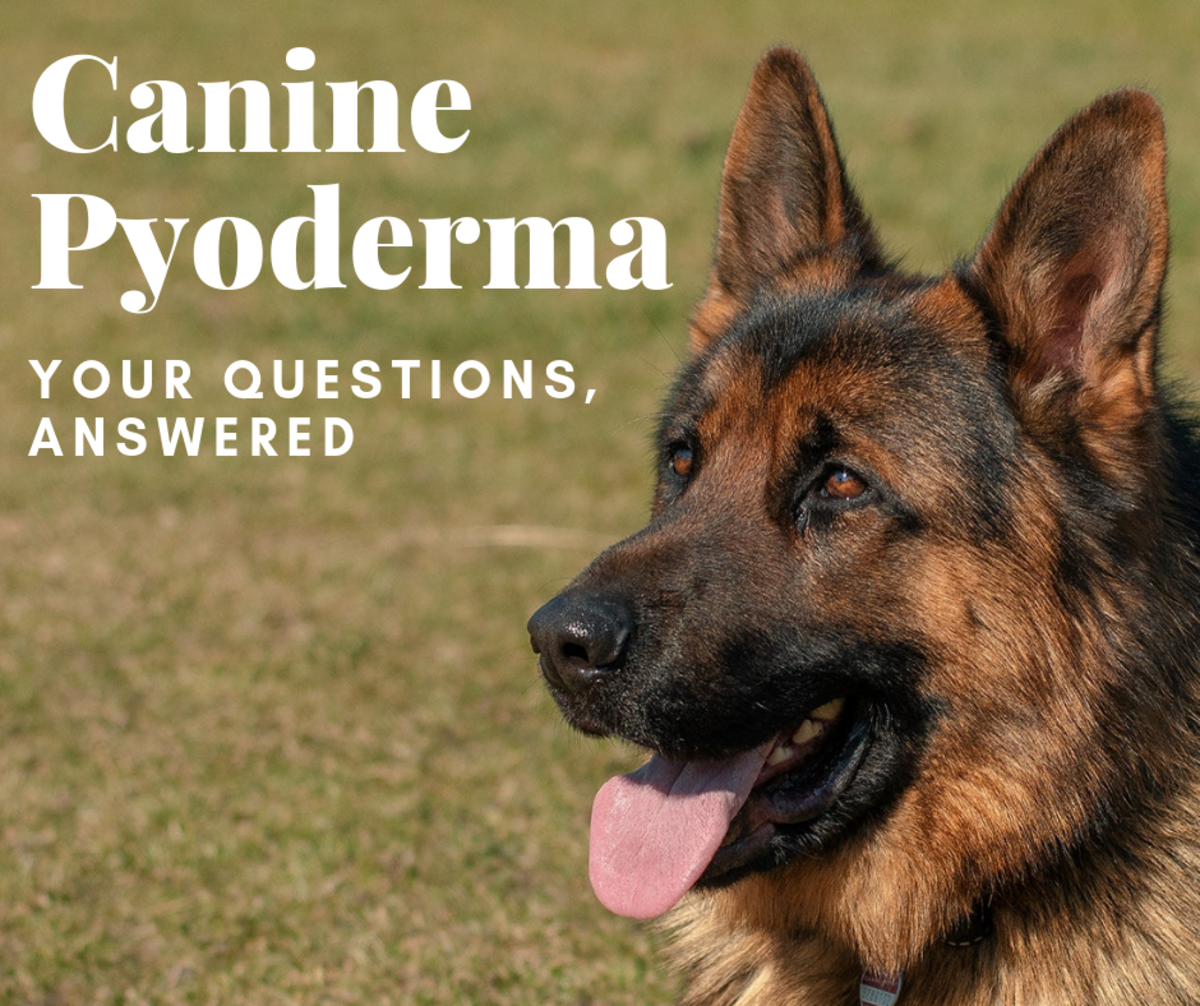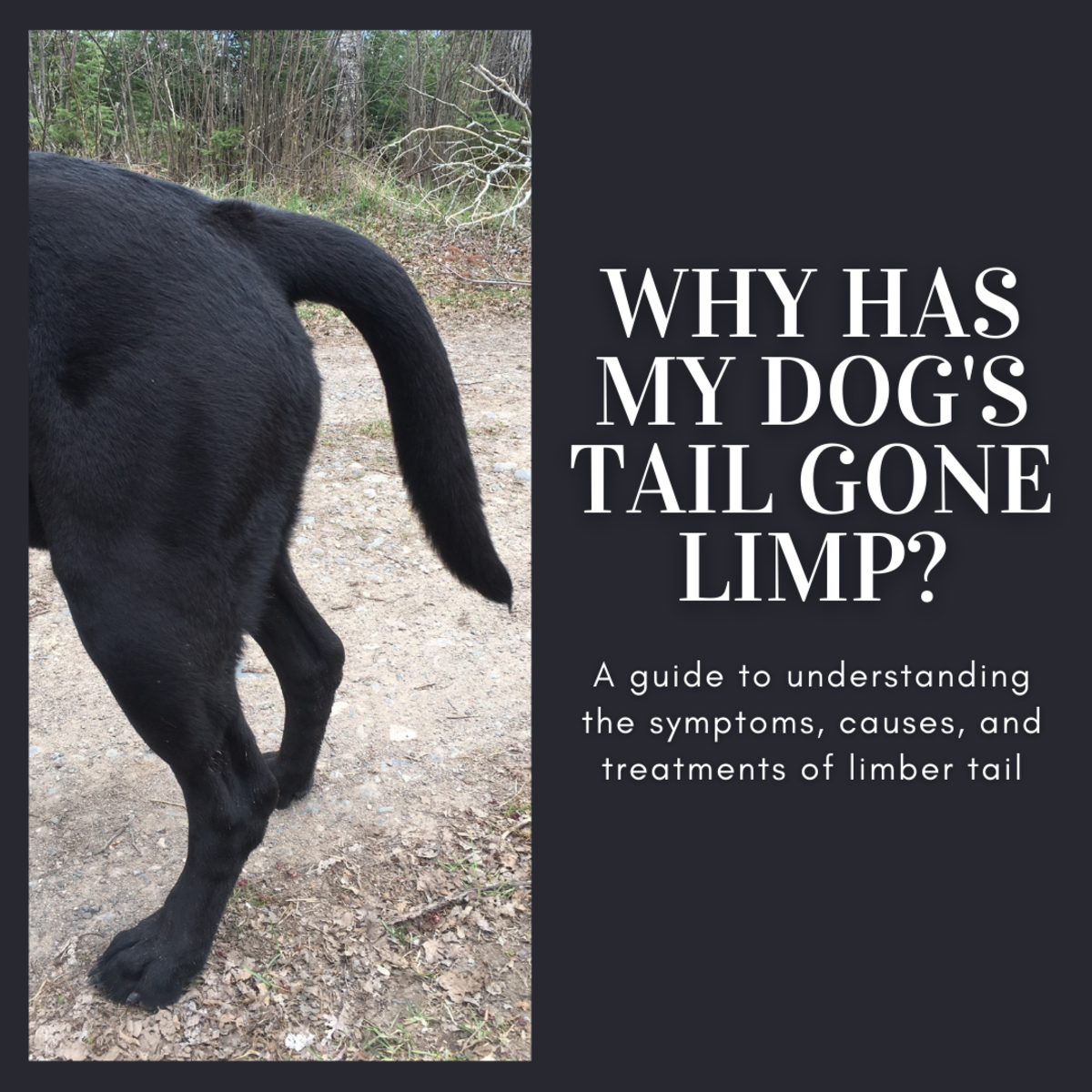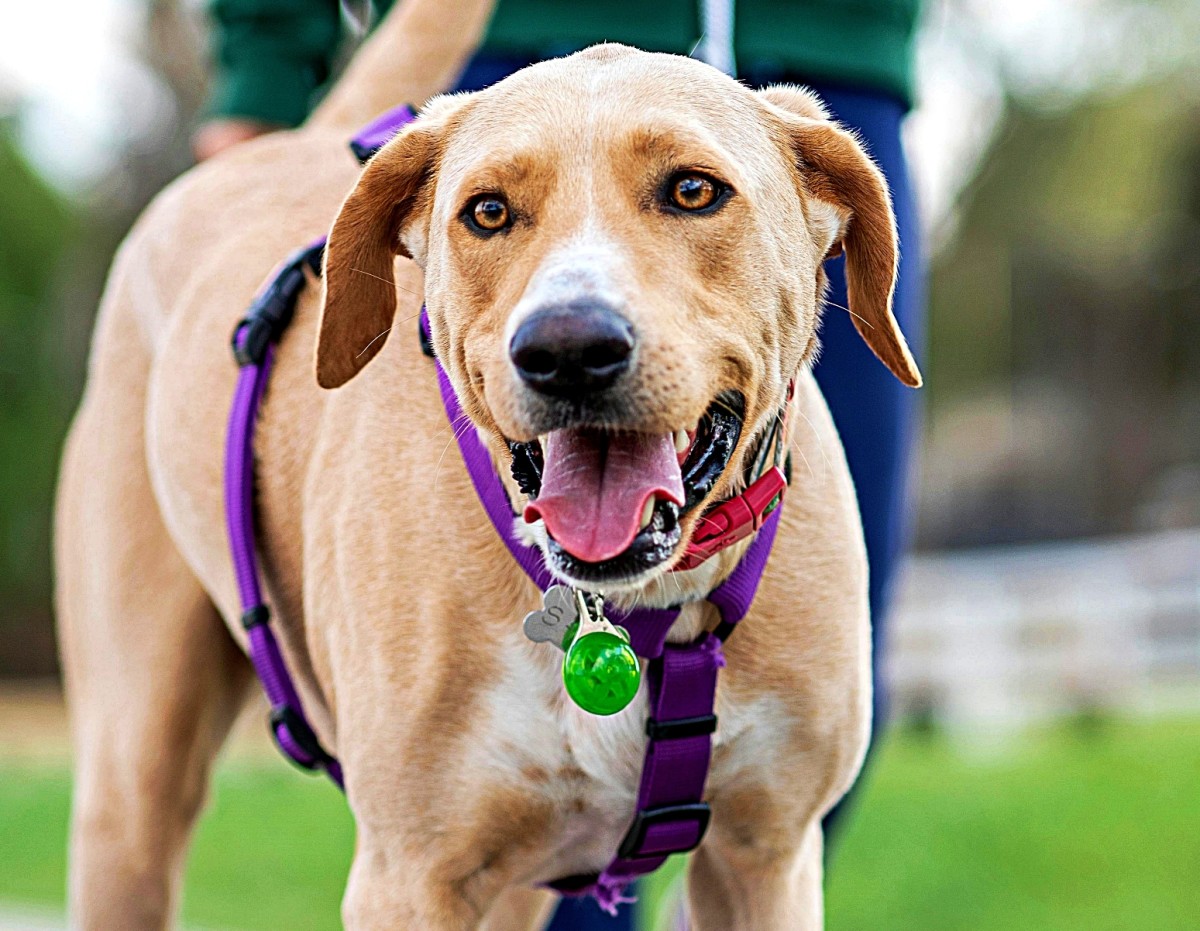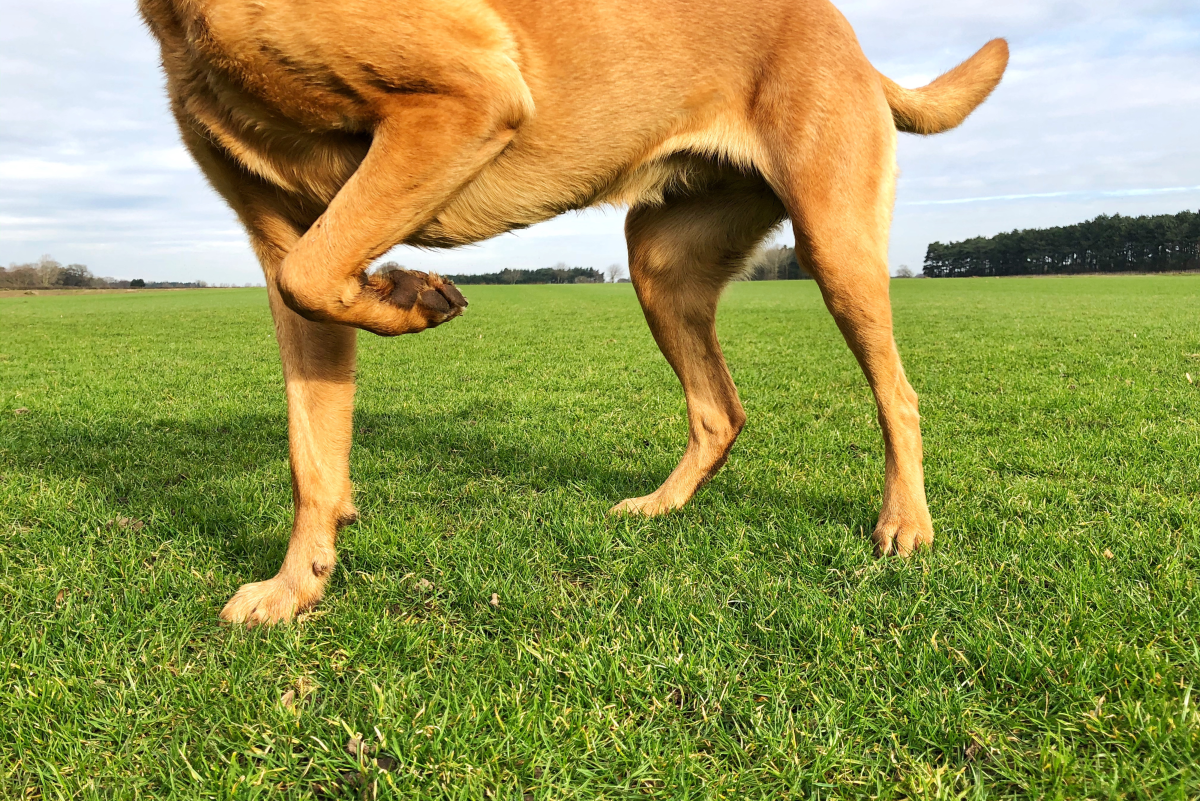Dog Food Intolerance Symptoms and Signs
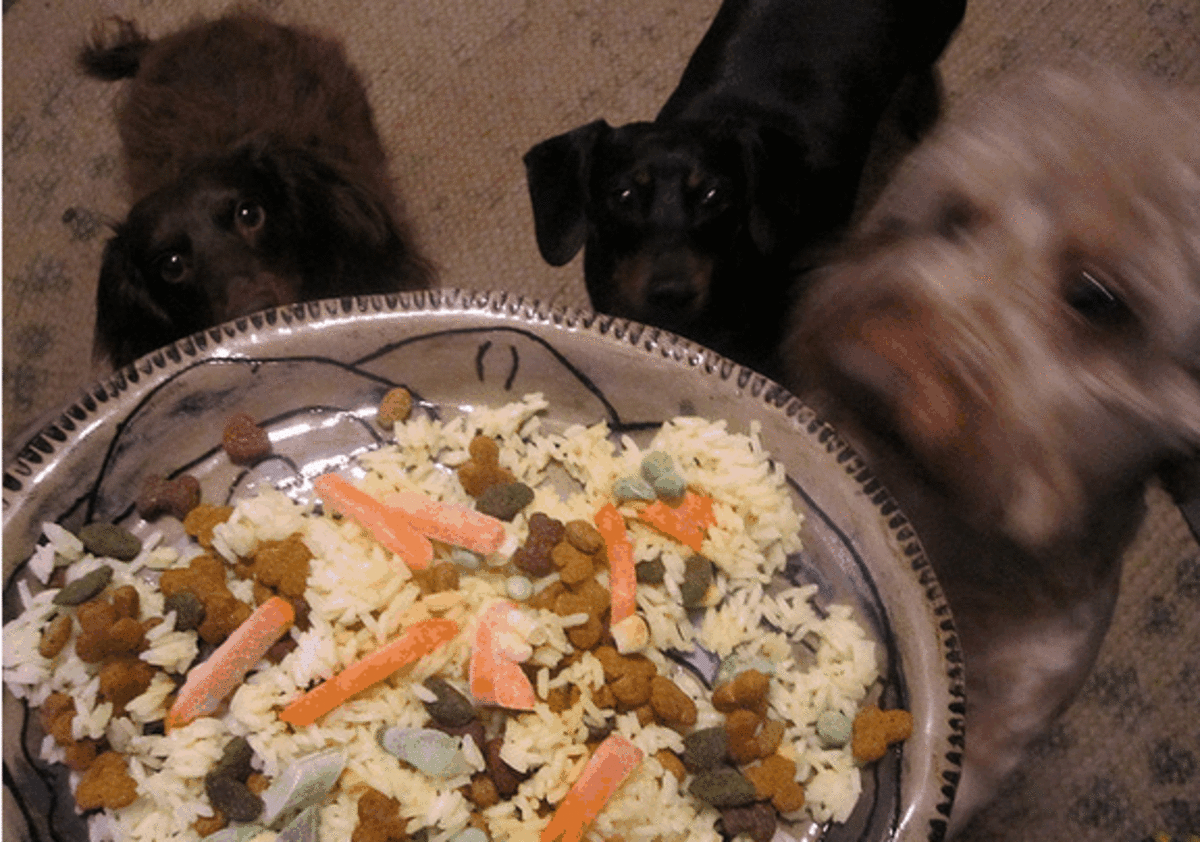
Understanding Food Intolerance in Dogs
When a dog develops vomiting and diarrhea as a result of consuming a specific food, it's easy to label it as dog allergies, but the correct term for this is actually dog food intolerance. What's the main difference? There are several differences that set the two conditions apart. Recognizing the differences is very important as both require quite a different approach when it comes to looking for a better food to feed Rover.
What's a Food Allergy?
So let's first see what exactly a food allergy is. A food allergy in dogs occurs when the dog's immune system decides to categorize a specific protein or additive as threatening. Common culprits are beef, dairy products, wheat, chicken, egg, and soy. These offending substances are often known in medical terms as "allergens."When a substance is labeled as an allergen by the immune system, a whole cascading chain of events start happening. The immune system simply starts treating the allergen as an enemy, just as it would with bacteria or viruses. Soon,IgE and IgG antibodies are sent to combat this enemy with histamine and other substances released in the bloodstream. Both the histamine and these other substances are what typically cause allergy symptoms in dogs because they trigger the skin to get inflamed and the nerves to cause itchiness.
Unlike in humans, food allergies in dogs generally don't produce the all-too-common respiratory issues such as sneezing, coughing, runny nose and itchy, watery eyes. Instead, when food allergies affect Rover, he'll most likely start to itch, scratch and rub repeatedly. This intense itching may be strictly localized to a certain body part (ie scratching ears, licking paws) or generalized to the whole body. The itching may lead to crusts, scabs and wounds that may even lead to further complications such as bacterial and fungal infections. Treatment often entails the use of antihistamines (to block the release of histamine), corticosteroids (to suppress the immune system and reduce inflammation) and antibiotic or anti-fungal medications (to treat secondary bacterial and fungal infections). However, these medications will only reduce symptoms, the real, best way to prevent them from happening is recognizing the offending allergen and avoiding it. This is accomplished through food trials using novel proteins or hydrolyzed diets.
What's a Food Intolerance?
In the case of dog food intolerance, the most remarkable detail is that unlike a food allergy, a food intolerance doesn't involve the immune system. There is no circulating histamine, or IgE and IgG antibodies triggering a dermatological response. Instead, there will be the release of IgA and IgM antibodies in the bowel's mucosal secretions causing the dog to likely develop some form of digestive upset under the form of flatulence, stomach gurgling, vomiting and diarrhea. This happens because the digestive system cannot properly digest the food. Indeed, unlike food allergies, a food intolerance in dogs simply occurs because some type of food doesn't agree with the dog. According to veterinarian W. Jean Dodds, dog food intolerance or sensitivity is quite common, ranking as "the third most common sensitivity condition in dogs and cats."

How to Deal with a Dog Food Intolerance
Because food intolerance in dogs doesn't involve the immune system, and therefore, there are no allergies and histamine involved, it's treated differently than an allergy. No medications such as antihistamines or steroids are involved. Rather, treatment mostly consists of dietary changes. The most obvious treatment plan would obviously consist of removing the offending food. In humans, this is quite simple. If you know that Mexican food gives you heartburn, you'll likely avoid hot peppers and other spicy foods. If you get a bout of diarrhea every time after eating ice-cream, you'll likely start a lactose-free diet. In dogs, things get a bit tricky.
Dog food is made of various ingredients, so it may be that just that one ingredient is the troublemaker. At times though, it could be more than one ingredient. A dietary trial is often needed so to monitor changes in symptoms, but this can take time and can pose some challenges.The dietary trial often consists of feeding the dog a novel protein he was never exposed to before for a minimum of 8 to 12 weeks. Often this entails feeding something like kibble made of lamb and potatoes or potato and duck. These are often called "limited ingredient diets." Afterward, if the symptoms subside, the dog is then offered the offending food (provocative testing) and is observed. Should the symptoms return, that confirms the diagnosis of food intolerance to that particular food.
Fortunately, a revolutionary test has been recently released on the market to help dog owners take the guesswork out. The test was developed by veterinarian W. Jean Dodds. The test is known as "Nutriscan", and there are two different test panels containing different ingredients. Panel 1 tests for dog food intolerance to beef, corn, wheat, soy, cow's milk, lamb, venison, chicken, turkey, white fish, pork and duck. Panel 2 tests for eggs, barley, millet, oatmeal, salmon, rabbit, rice, quinoa, potato, peanut, sweet potato and lentil.
The tests can be easily done at home by submitting a saliva sample that must be at least 2ml. This is collected by having the dog soak a special rope with saliva. It has been found that antibodies in food intolerant dogs can be found in their saliva at an early stage, even prior to a biopsy/diagnosis of IBS (inflammatory bowel disease). More about this revolutionary test can be found on the Nutriscan website.
Disclaimer: this article is not to be used as a substitute for veterinary or nutritional advice. If you suspect your dog has a food intolerance, see a veterinary nutritionist for proper advice. Nutritionists can be found on the American College of Veterinary Nutrition website.
Alexadry ©all rights reserved, do not copy
Example of limited-ingredient diet
For further reading
- Can Blood in Dog's Stool be Caused by Stress?
Blood in dog's stool may be caused by several factors and stress may be one of them. Learn what causes stress-induced diarrhea with blood and mucus in dogs and how to help them. - Causes of Dog Vomiting Bile
If your dog is vomiting yellow bile, there may be different causes. Let's take a look at what bile really is and what possibly causes a dog to vomit this bright yellow liquid. - Common causes of your dog's itching and scratching
Your dog started scratching recently. You think it may be flea season again so you have her scheduled to see the vet to put her back on a monthly topical flea treatment. Don't be surprised though if itching and scratching symptoms may leave your... - Why is my dog licking its paws?
It is a very frustrating scenario to watch, when your dog starts licking incessantly its paws, especially when your dog loses interest in its surroundings. Yet, dogs, more often than not, have a specific reason for engaging is such behavior. It is... - Dog Foods Without Chicken Byproducts
If you're looking for premium dog food with no chicken byproducts, you're at the right place. Learn what chicken by-products are and which dog foods are without chicken or poultry by products.



